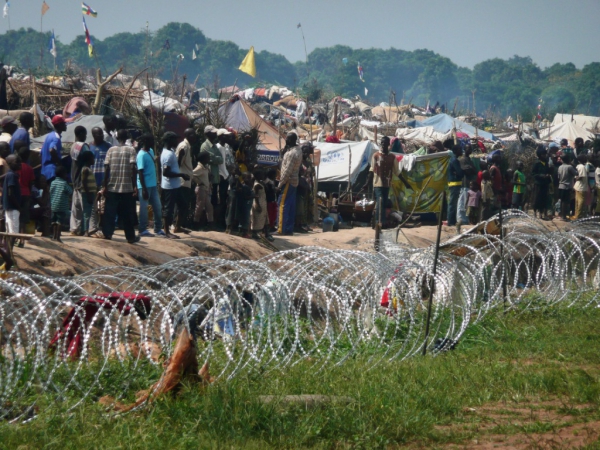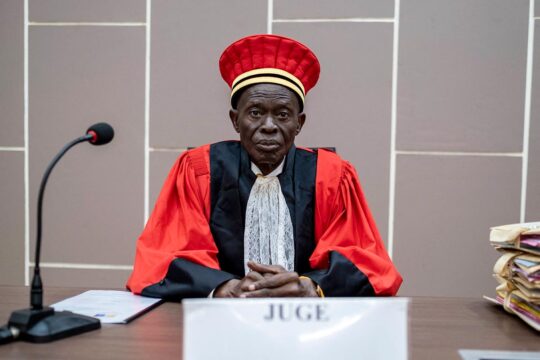This week Africa and Africans showed that transitional justice, so often criticized on that continent, can complement national justice.
The Central African Republic (CAR) finally appointed a Prosecutor for its future Special Criminal Court, a mixed tribunal to be composed of national and international judges. This is the first step in a long transitional justice process, in a country divided and ravaged by conflict. CAR’s President Touadéra has appointed a Congolese jurist and military man, Toussaint Muntazini Mukimapa (also author of an article by JusticeInfo.net on complementarity between the International Criminal Court and the justice system in his country). The new court has a mandate to conduct investigations and trials on grave violations of human rights perpetrated in the CAR since 2003. It is expected to become operational within a year, in a context which is particularly violent. “The task entrusted to the Congolese magistrate is not only immense but difficult,” writes JusticeInfo’s Ephrem Rugiririza, “notably because some of the people accused by international human rights organizations like exiled former presidents Michel Djotodia and François Bozizé still have links to the highest echelons of power in the CAR.”
In another positive development on the African continent, new Gambian president Adama Barrow has not only chosen former International Criminal Tribunal for Rwanda (ICTR) Prosecutor Hassan Bubacar Jallow to head the Supreme Court, previously subjugated to ex-president Yayah Jammeh, but has also reversed Jammeh’s decision to pull out of the International Criminal Court. “Twenty-two years of injustices and abuse of power require knowledge to ensure that justice is seen to be done as well as reconciliation to give peace a chance,” declared President Barrow at Jallow’s swearing-in ceremony on February 15. And the new Chief Justice promised that: “At the judiciary, we shall do our utmost to ensure that the justice system meets the expectations of the community and of the required international standards.” As JusticeInfo writes, “Jallow is one of the people who has participated at a very high level in the building of international criminal justice. After a long international career, he has now chosen to put his experience at the service of his country.”These signs of spring do not necessarily make a summer, but they nevertheless show that justice can have a future in Africa.
A stronger role for Africa is also advocated in conflict-ridden, recently independent South Sudan by Mahmood Mamdani, a professor at Columbia University and director of the Makerere Institute of Social Research in Kampala, Uganda. In an interview with JusticeInfo and an Op Ed for the New York Times, he suggests that the African Union should lead a “second transition” in South Sudan after the clear failure of efforts by the international community, notably the UN, Norway, the UK and the US. “The African Union is divided but it has great stakes in making this work,” says Mamdani.







